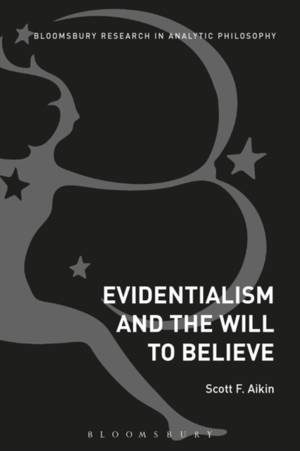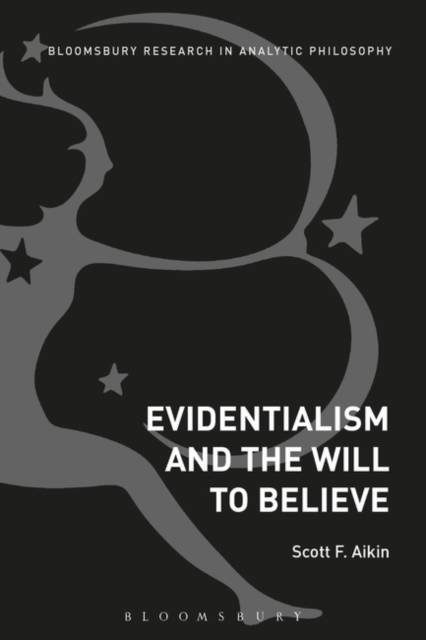
Bedankt voor het vertrouwen het afgelopen jaar! Om jou te bedanken bieden we GRATIS verzending (in België) aan op alles gedurende de hele maand januari.
- Afhalen na 1 uur in een winkel met voorraad
- In januari gratis thuislevering in België
- Ruim aanbod met 7 miljoen producten
Bedankt voor het vertrouwen het afgelopen jaar! Om jou te bedanken bieden we GRATIS verzending (in België) aan op alles gedurende de hele maand januari.
- Afhalen na 1 uur in een winkel met voorraad
- In januari gratis thuislevering in België
- Ruim aanbod met 7 miljoen producten
Zoeken
€ 296,95
+ 593 punten
Omschrijving
Work on the norms of belief in epistemology regularly starts with two touchstone essays: W.K. Clifford's "The Ethics of Belief" and William James's "The Will to Believe." Discussing the central themes from these seminal essays, Evidentialism and the Will to Believe explores the history of the ideas governing evidentialism.
As well as Clifford's argument from the examples of the shipowner, the consequences of credulity and his defence against skepticism, this book tackles James's conditions for a genuine option and the structure of the will to believe case as a counter-example to Clifford's evidentialism. Exploring the question of whether James's case successfully counters Clifford's evidentialist rule for belief, this study captures the debate between those who hold that one should proportion belief to evidence and those who hold that the evidentialist norm is too restrictive.
More than a sustained explication of the essays, it also surveys recent epistemological arguments to evidentialism. But it is by bringing Clifford and James into fruitful conversation for the first time that this study presents a clearer history of the issues and provides an important reconstruction of the notion of evidence in contemporary epistemology.
As well as Clifford's argument from the examples of the shipowner, the consequences of credulity and his defence against skepticism, this book tackles James's conditions for a genuine option and the structure of the will to believe case as a counter-example to Clifford's evidentialism. Exploring the question of whether James's case successfully counters Clifford's evidentialist rule for belief, this study captures the debate between those who hold that one should proportion belief to evidence and those who hold that the evidentialist norm is too restrictive.
More than a sustained explication of the essays, it also surveys recent epistemological arguments to evidentialism. But it is by bringing Clifford and James into fruitful conversation for the first time that this study presents a clearer history of the issues and provides an important reconstruction of the notion of evidence in contemporary epistemology.
Specificaties
Betrokkenen
- Auteur(s):
- Uitgeverij:
Inhoud
- Aantal bladzijden:
- 240
- Taal:
- Engels
Eigenschappen
- Productcode (EAN):
- 9781623560171
- Verschijningsdatum:
- 17/07/2014
- Uitvoering:
- Hardcover
- Formaat:
- Genaaid
- Afmetingen:
- 156 mm x 234 mm
- Gewicht:
- 512 g

Alleen bij Standaard Boekhandel
+ 593 punten op je klantenkaart van Standaard Boekhandel
Beoordelingen
We publiceren alleen reviews die voldoen aan de voorwaarden voor reviews. Bekijk onze voorwaarden voor reviews.









